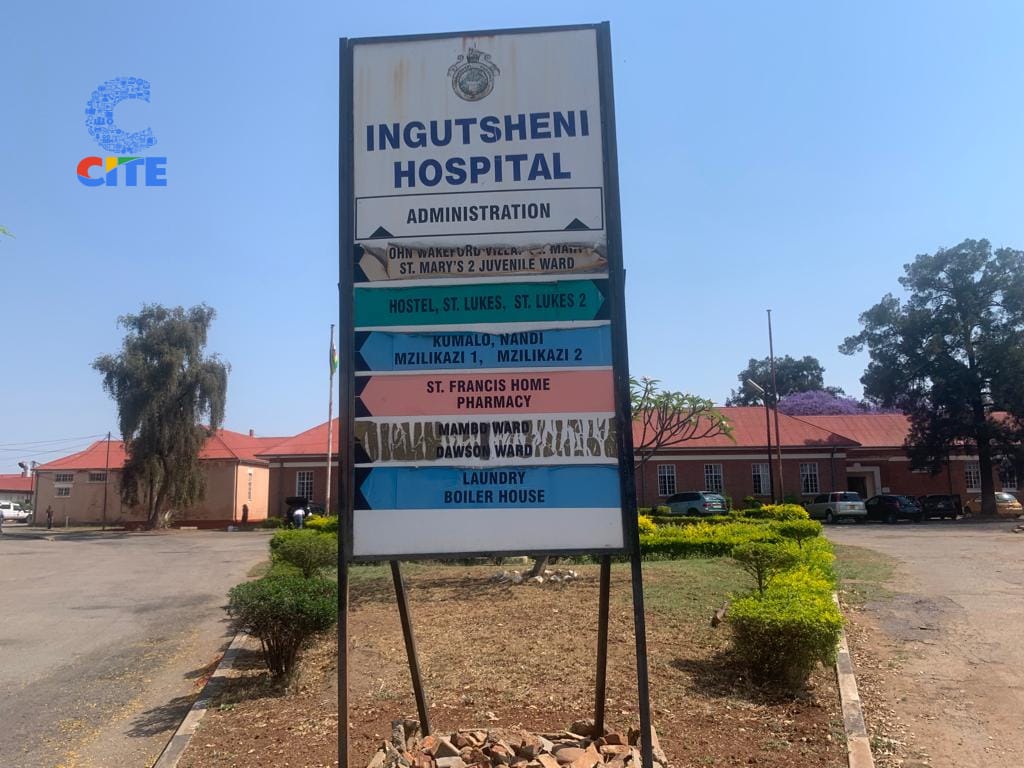Ingutsheni Hospital in Bulawayo is struggling with assault cases where nurses are attacked by aggressive patients.
The hospital’s Clinical Director, Dr Wellington Ranga, highlighted the need for proper infrastructure and medication to manage these patients effectively.
Accroding to DR Ranga, Ingutsheni has over 100 mentally unstable patients who could become aggressive at any time while nurses caring for them often bear the brunt of this aggression.
“Dealing with this hostility and calming the patients requires readily available medication and proper infrastructure,” Dr. Ranga explained. “This allows for the safe and secure isolation of individuals experiencing agitation.”
Dr Ranga further highlighted the situation’s complexity: “We recently had a patient who required treatment at Mpilo Hospital after being assaulted at Ingutsheni. Where do staff members who are assaulted go for treatment?”
He explained in that sort of situation, the institution’s defence is “mostly the infrastructure and medication.”
“There has to be medication to calm down people and the infrastructure should be sorted out so that when you need to isolate the patients that can be done. At least that prevents them from fighting if they have to fight,” said the clinical director.
The clinical director stated that while he was aware of assaults at Ingutsheni, some cases went unreported by nurses.
“It’s only sometimes they (nurses) report, sometimes they don’t and sometimes it’s the magnitude of what they report. If you just get a clap, sometimes life goes on in the wards. You don’t really write a report that it has happened or you just share it with your friends or the one in charge,” Dr Ranga said.
“It’s a bit difficult to say (the number of times nurses are assaulted) but it happens because these patients are people who are unstable. I can’t sit and say it doesn’t happen when I know we have 100 people who are mentally unstable. That can happen.”
Dr Ranga emphasised that infrastructure and medicine were priority areas for the hospital.
“Those two factors are number one. To have a place where you can isolate (patients) which is secure. Remember we admit patients because they are agitated and aggressive, that’s part of our business. But when they come in we ought to put them in a corner where it’s safe and secure, that one is critical,” he said.
“So before people talk about whatever we close them in. We need to give them medication to calm and treat them. From there if we fail, it’s us who would have failed.”

